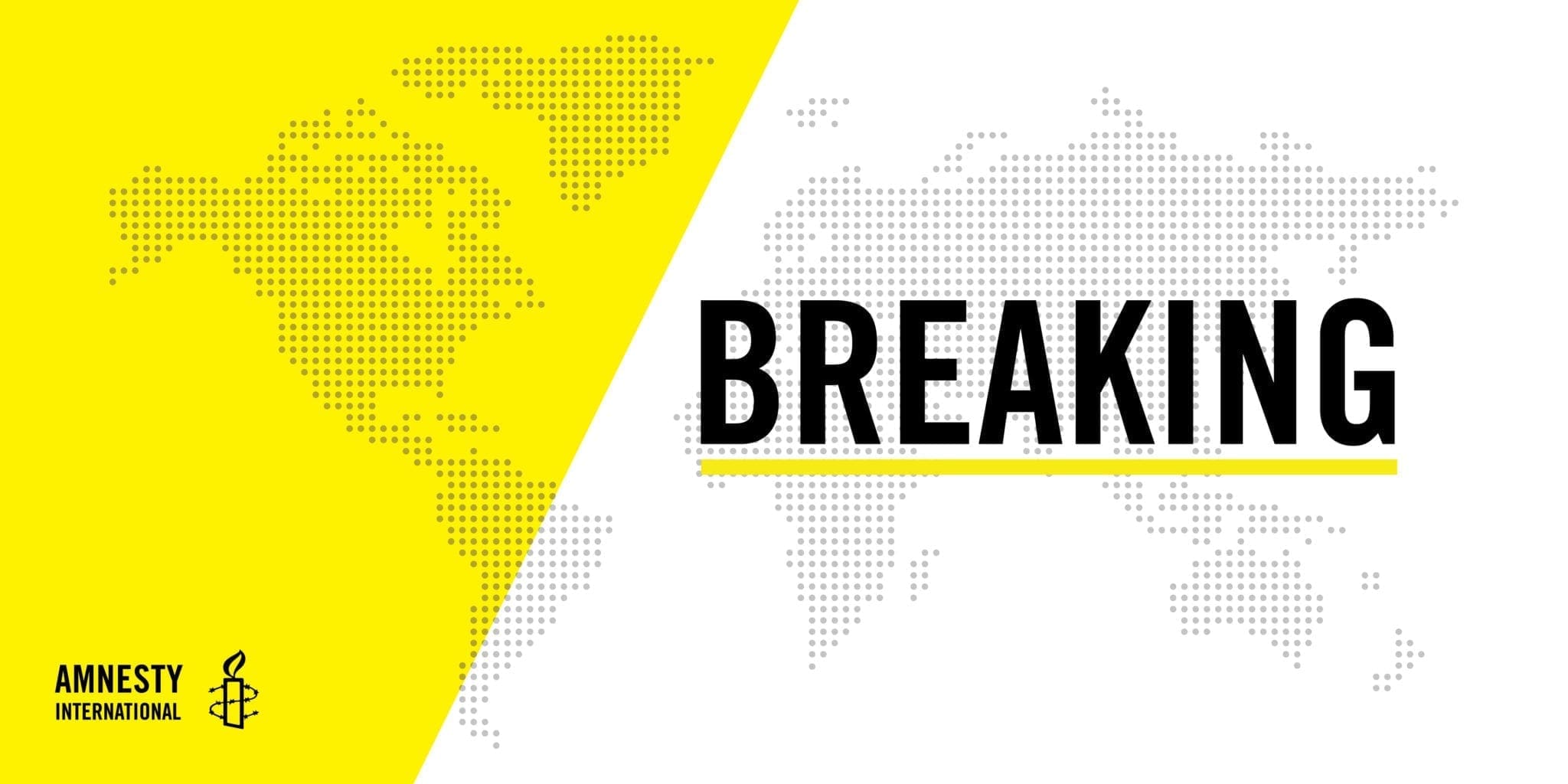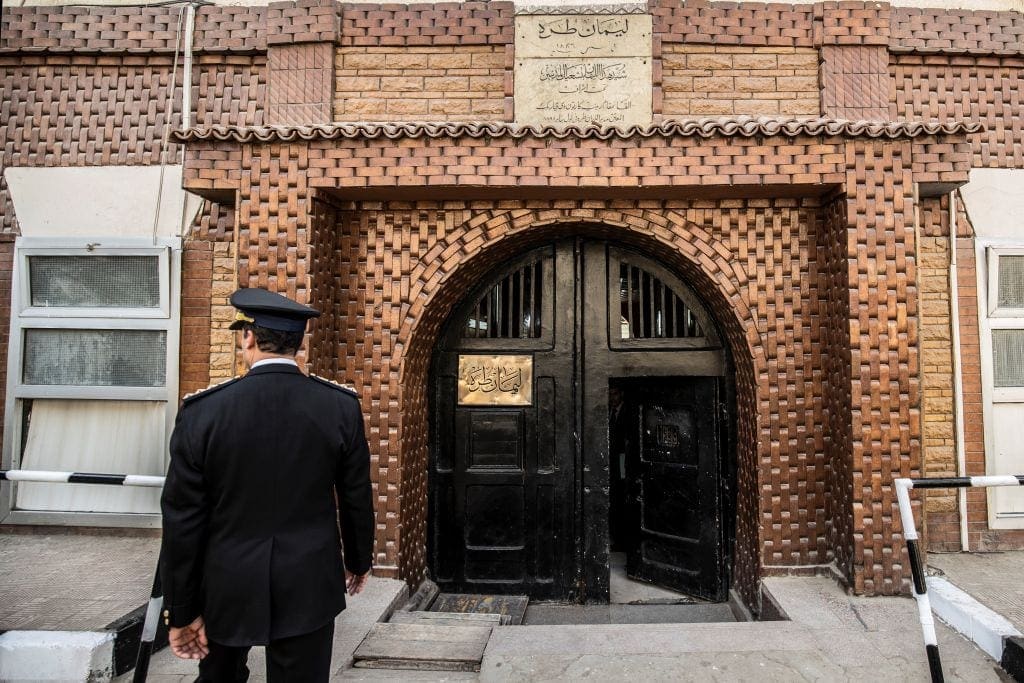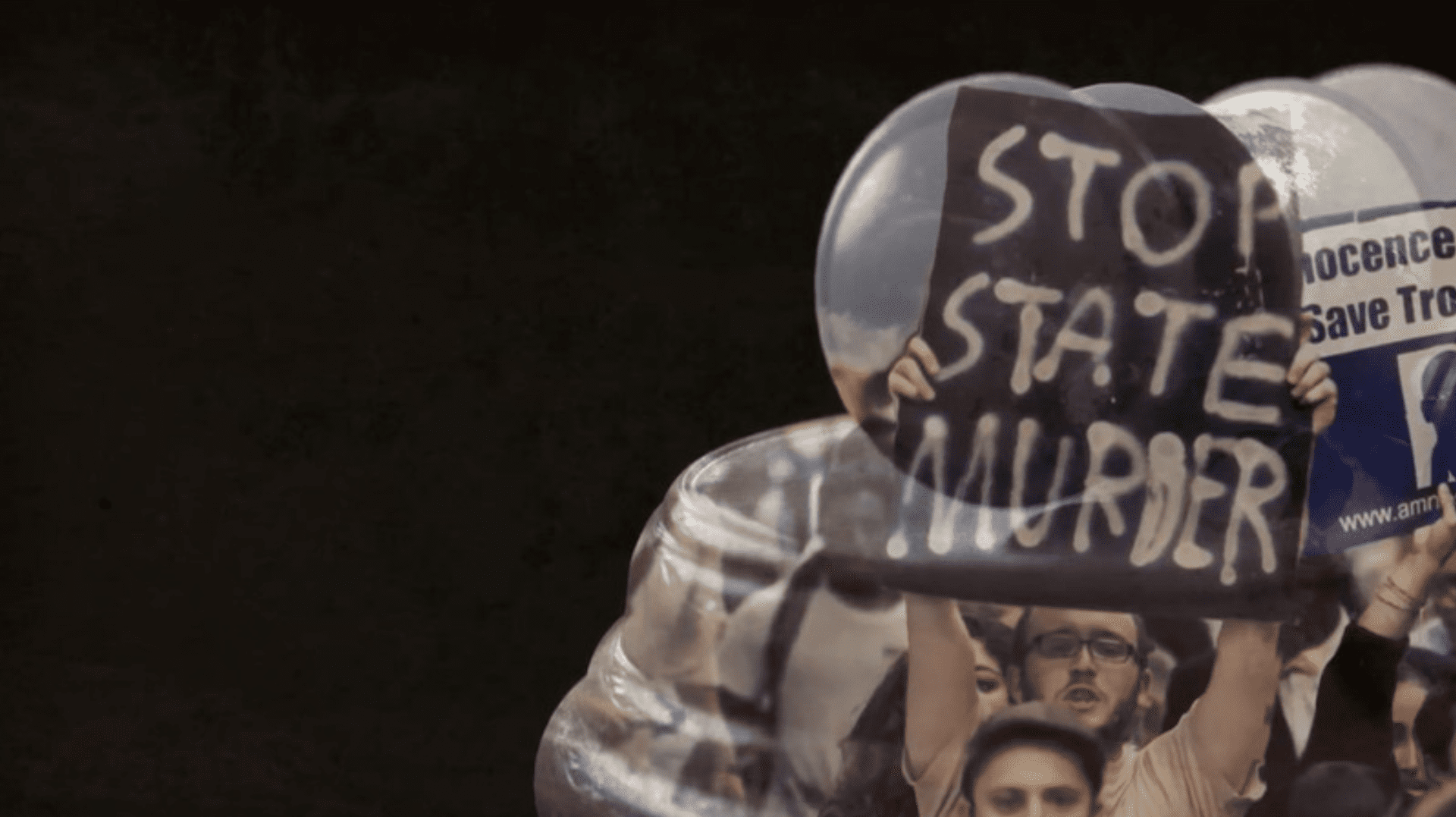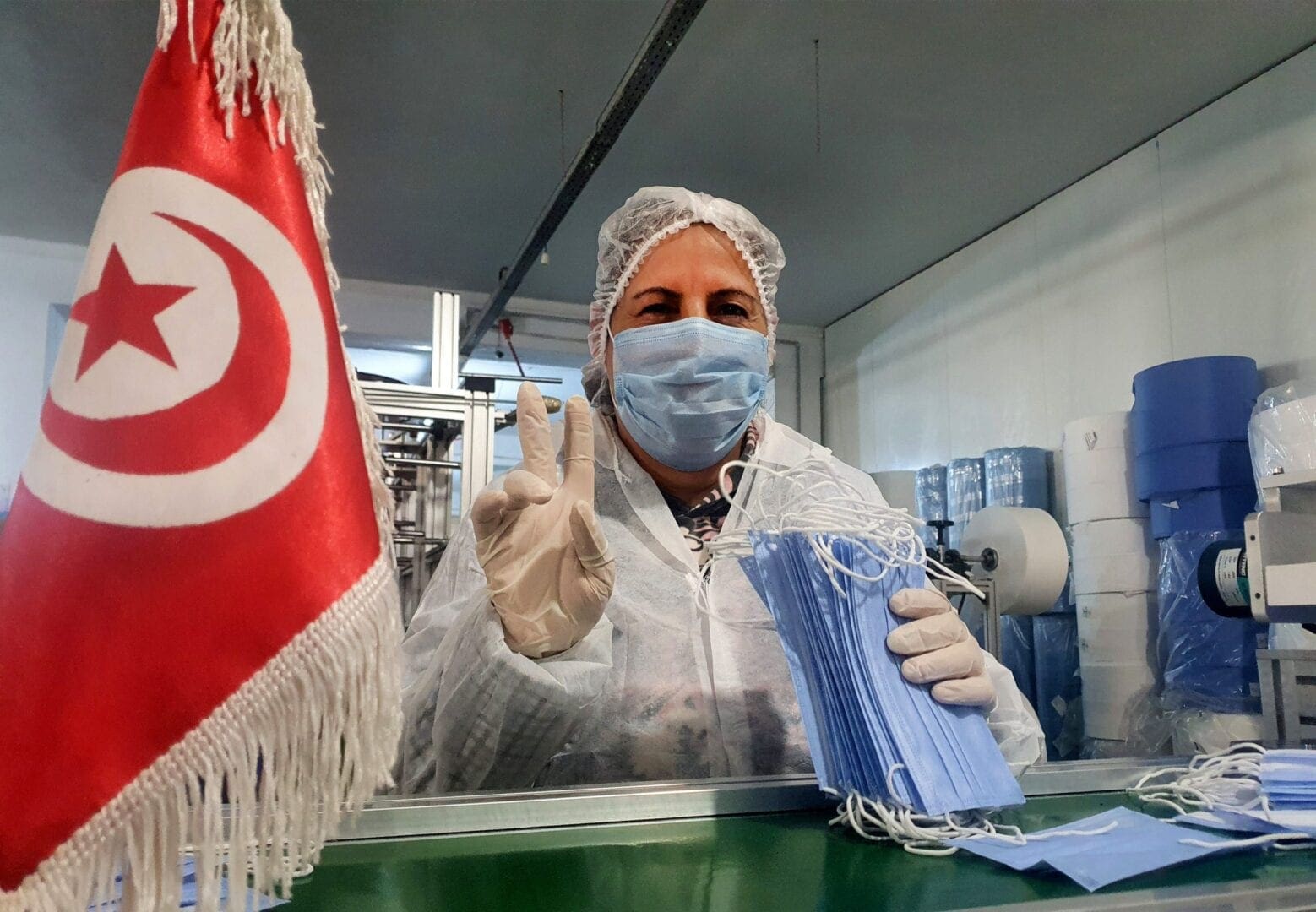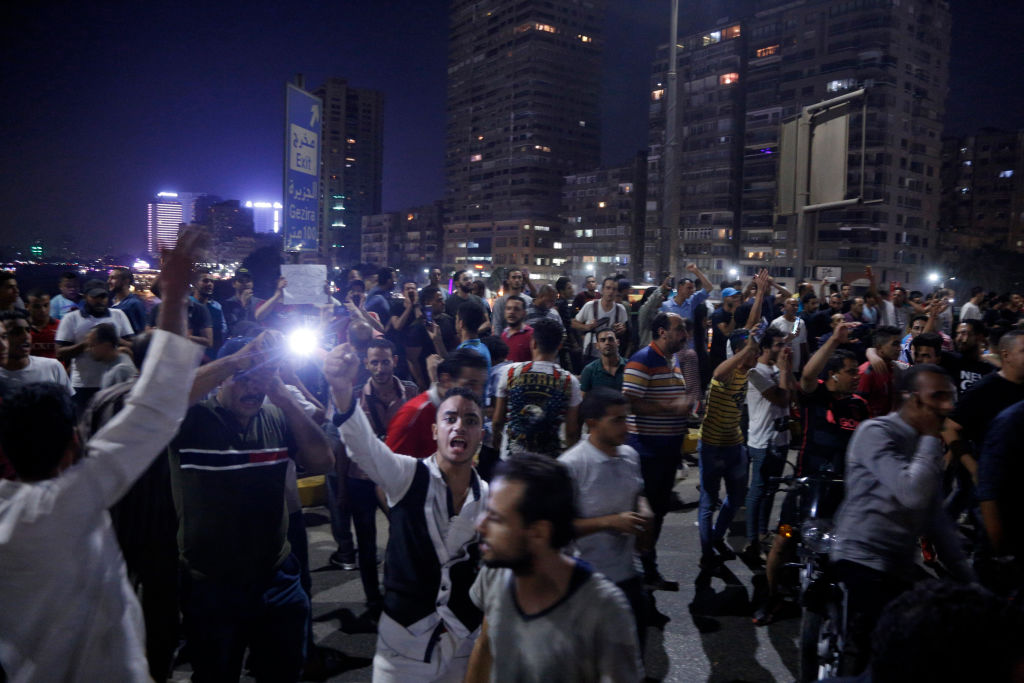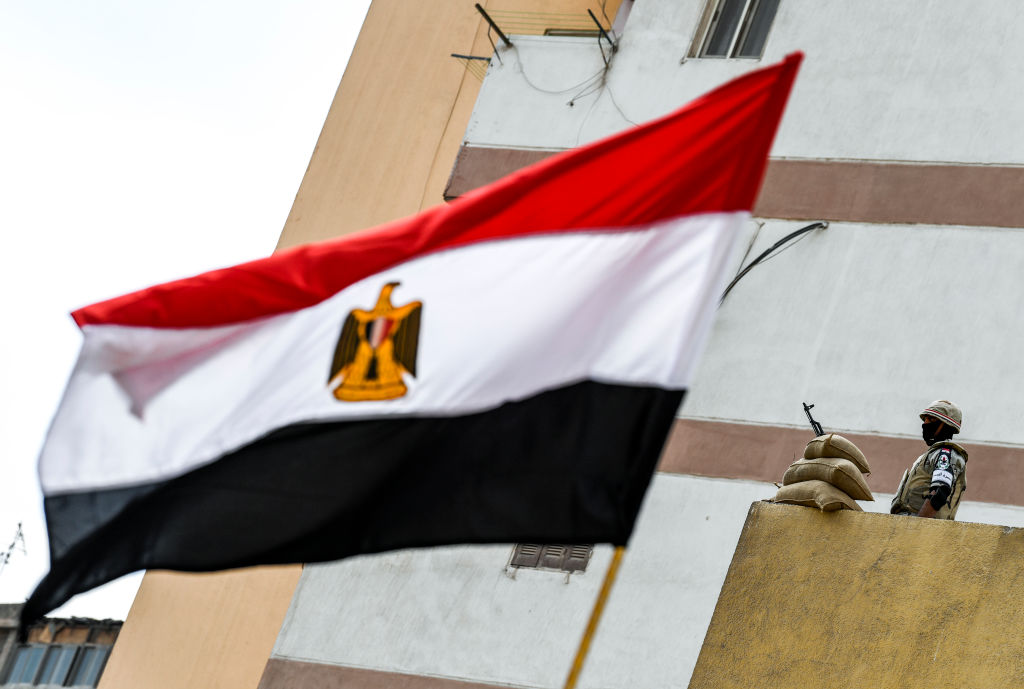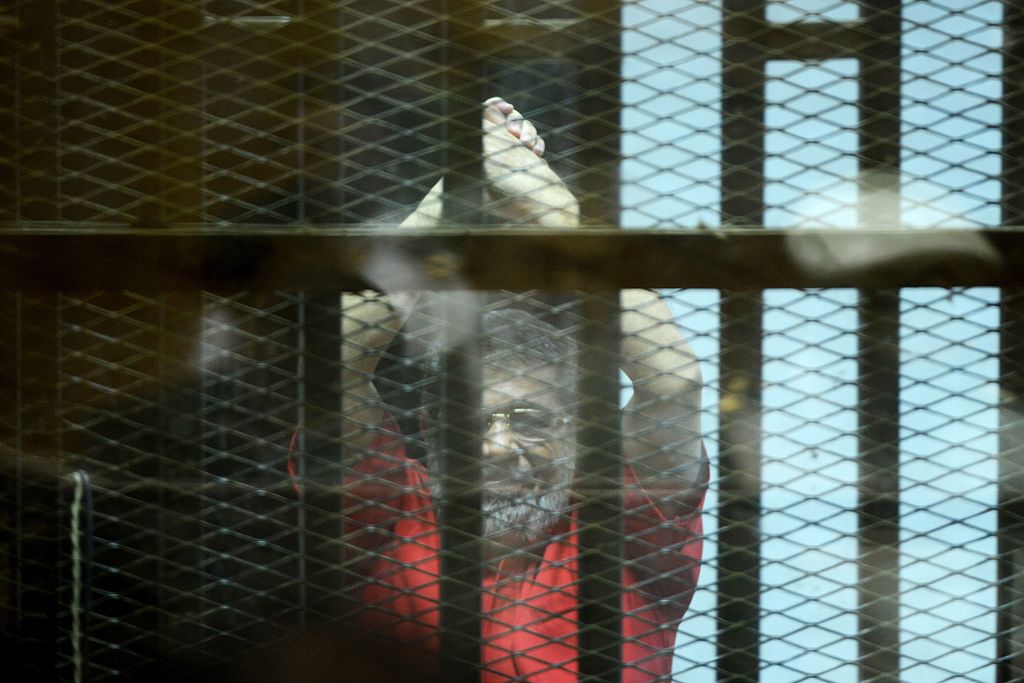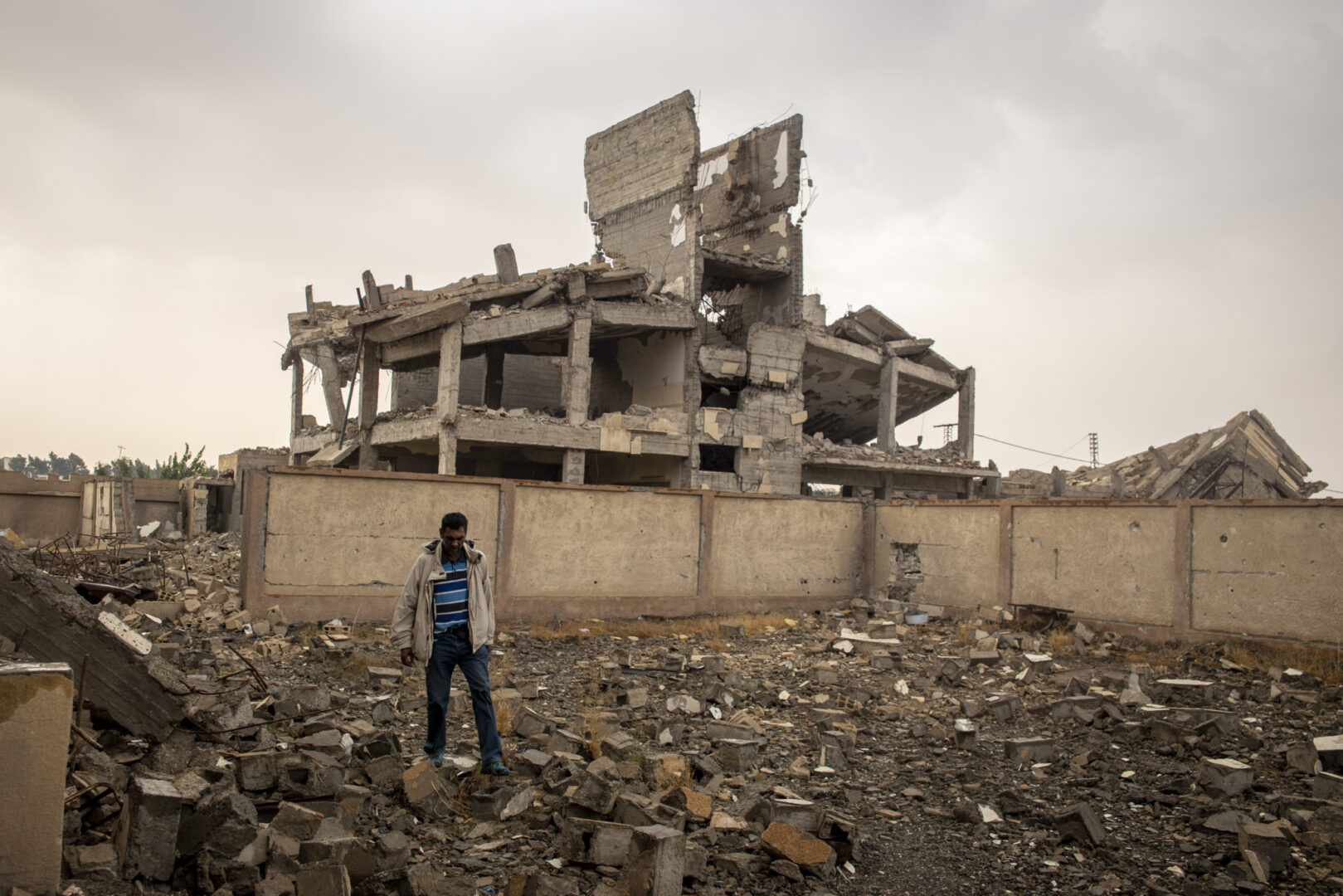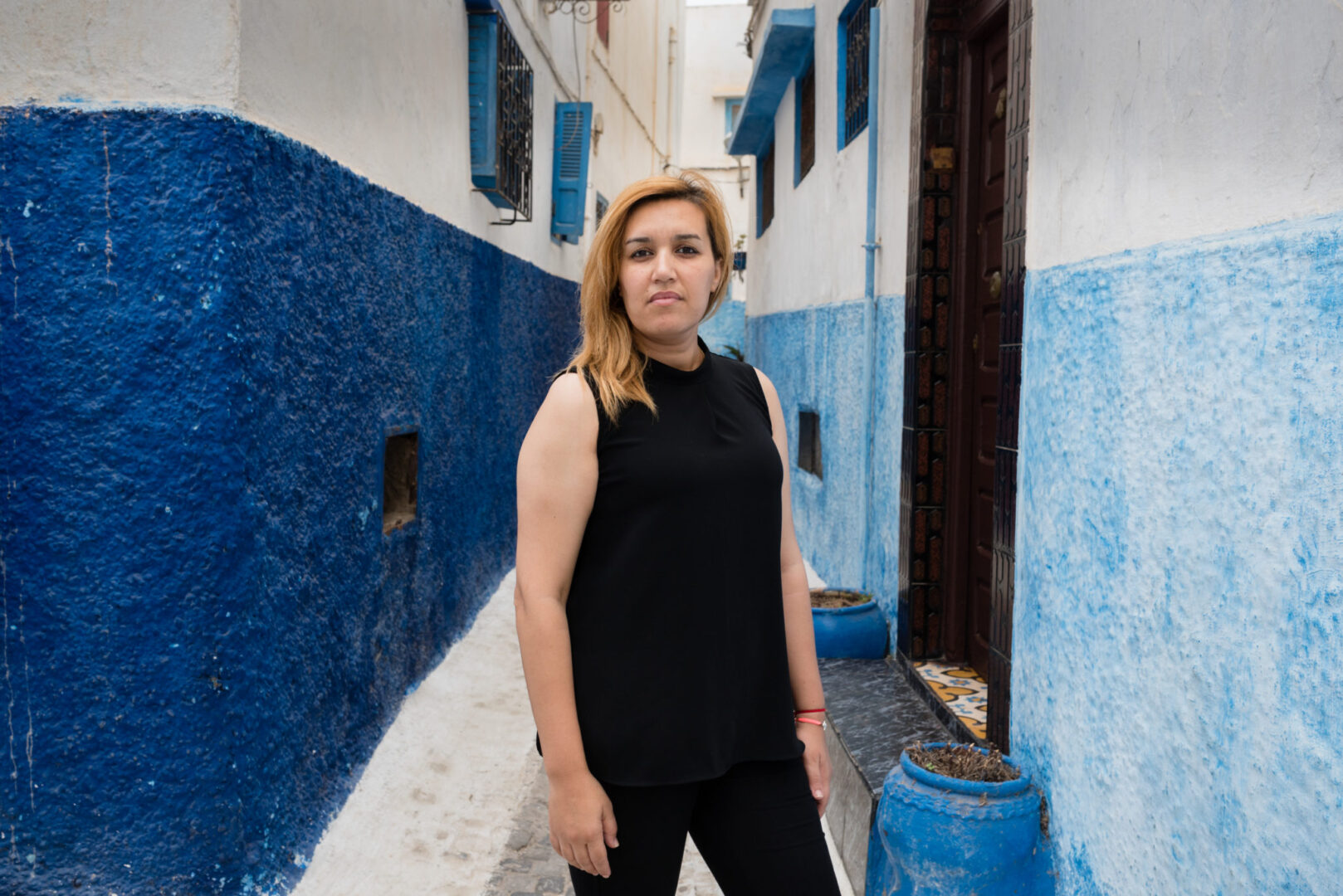Egypt
Annual Human Rights report for Egypt
Authorities severely repressed the rights to freedom of expression, association and peaceful assembly. In the lead-up to the UN Climate Change Conference (COP27) in November 2022, authorities released 895 prisoners held for political reasons but arrested nearly triple that number, including hundreds linked to calls for protests during COP27. Thousands of actual or perceived government critics or opponents remained arbitrarily detained and/or unjustly prosecuted. No adequate investigations were carried out into at least 50 suspicious deaths in custody involving reports of denial of adequate healthcare or torture.
Death sentences were handed down after grossly unfair trials and executions were carried out. Sexual and gender-based violence remained prevalent, amid the authorities’ failure to adequately prevent and punish it. Authorities repressed workers’ right to strike, and failed to protect them from unfair dismissal by companies.
Residents of informal settlements were forcibly evicted and detained for protesting against home demolitions. Authorities prosecuted Christians demanding their right to worship and others espousing religious beliefs not sanctioned by the state. Refugees and migrants were arbitrarily detained for irregularly entering or staying in Egypt, and dozens were forcibly returned to their home country.
EXECUTIONS ACROSS MIDDLE EAST SKYROCKET
Recorded executions in 2022 reached the highest figure in five years, with the Middle East and North Africa’s most notorious executioners leading the way by carrying out killing sprees, Amnesty International said in an annual report.
The number of executions recorded by Amnesty International in the Middle East and North Africa region increased significantly by 59% from 520 in 2021 to 825 in 2022; and recorded death sentences decreased slightly from 834 in 2021 to 827 in 2022.
“Countries in the Middle East and North Africa region violated international law as they ramped up executions in 2022, revealing a callous disregard for human life. The number of individuals deprived of their lives rose dramatically across the region; Saudi Arabia executed a staggering 81 people in a single day. Most recently, in a desperate attempt to end the popular uprising, Iran executed people simply for exercising their right to protest,” said Agnès Callamard, Amnesty International’s Secretary General.
Ninty percent of the world’s known executions outside China were carried out by just three countries in the region. Recorded executions in Iran soared from 314 in 2021 to 576 in 2022; figures tripled in Saudi Arabia, from 65 in 2021 to 196 in 2022 — the highest recorded by Amnesty in 30 years — while Egypt executed 24 individuals. Executions in Egypt are also closely tied to other human rights violations, such as torture and unfair trials.
Demand release of prominent activist alaa Abdel fattah
Prominent Egyptian-British activist Alaa Abdel Fattah has spent 52 months arbitrarily detained simply for exercising his human rights. On 20 December 2021, he was convicted on bogus charges and sentenced to five years in prison, following a grossly unfair trial. Alaa Abdel Fattah, who has spent most of the past decade behind bars, was subjected to a litany of human rights violations including prolonged arbitrary detention, unfair trial, torture and other ill-treatment, and periodic bans on family visits. Egyptian authorities continue to deny him access to consular visits from UK officials. Alaa Abdel Fattah should be immediately and unconditionally released as his detention is solely linked to the exercise of his human rights.
Demand release of detained anti-torture T-Shirt protester Mahmoud hussein
Mahmoud Hussein, a protester who had already spent two years in arbitrary pretrial detention for wearing an anti-torture T-shirt, was re-arrested on 30 August. After his release on bail in 2016, he was convicted of bogus charges and sentenced to life imprisonment in his absence in a grossly unfair trial by an emergency court marred by allegations of torture. He is detained at Badr 1 prison pending his retrial, amid concerns over his health. He must be immediately and unconditionally released as his detention is solely linked to the exercise of his human rights, including by wearing an anti-torture T-shirt.
Mahmoud Hussein is currently held in Badr 1 Prison, located 70 km northeast of Cairo. According to Amnesty International’s previous research, prisoners there complain of cruel and inhumane conditions characterized by deliberate denial of healthcare, exposure to extreme cold and constant camera surveillance. Family visits for other prisoners are only allowed every two months for 20 minutes and are conducted through a glass barrier preventing direct and physical contact with loved ones. This is in breach of Egypt’s prison regulations that stipulate weekly visits lasting no less than 45 minutes for detainees in pretrial detention.
Egyptian authorities continued to crush all forms of peaceful dissent and stifle civic space.
Security forces arbitrarily arrested at least 11 journalists for their work or critical views. At least 26 journalists remained arbitrarily detained following convictions or pending investigations into accusations of “spreading false news”, “misusing social media” and/or “terrorism”.
At least 600 news, human rights and other websites remained blocked, according to rights groups.
Authorities arbitrarily detained at least eight human rights defenders, and subjected those at liberty to surveillance, unlawful summoning and coercive questioning.
Fifteen human rights defenders and NGO staff were still subjected to investigation, travel bans and asset freezes in relation to the decade-long criminal investigation into the legitimate work of civil society organizations known as Case 173. In April, the government required all NGOs to register under the draconian 2019 NGO law by April 2023 or face closure.
Political opponents were also targeted through arbitrary detention, unfair prosecution and other harassment. In May, an emergency court sentenced former presidential candidate and founder of Masr al-Qawia party Abdelmoniem Aboulfotoh, and its deputy head Mohamed al-Kassas, to 15 years and 10 years in prison, respectively, for disseminating “false news”,“membership of a terrorist group” and other bogus charges.
Authorities added 620 people, including detained journalists and opposition politicians, to their “list of terrorists” without due process, effectively banning them from engaging in civic or political work or travelling abroad for five years.
In the lead-up to COP27, security forces arrested hundreds of people in connection with protests planned during the conference. Among them was Abdelsalam Abdelghany, arrested in September at his home in the capital, Cairo, after he supported calls for protests during COP27 on social media. He remained detained pending investigations on charges of “spreading false news” and “joining a terrorist group”.
During COP27, security forces subjected participants to interrogations, surveillance and other forms of harassment, and denied entry to Egypt during COP27 to Italian national Giorgio Caracciolo of the anti-torture group DIGNITY.
On 6 November, British-Egyptian activist Alaa Abdel Fattah, who had been on hunger strike in protest at his arbitrary detention and denial of consular visits since April, also stopped drinking water. On 11 November, he was fed intravenously after he lost consciousness. He remained arbitrarily detained and in poor health at the end of the year.
After the president announced the reactivation of the Presidential Pardons Committee (PPC) in April, authorities ordered the release of 895 people held for political reasons and dozens of others for failure to pay debts.1 Security forces refused to release at least 33 of them, unlawfully summoned others for questioning and threatened to re-arrest them for speaking out. Activist Sherif al-Rouby was released in May and re-arrested in September after he publicly complained about hardships facing former prisoners. Security forces arbitrarily banned from travelling human rights lawyer Mahinour el-Masry, researcher Ahmed Samir Santawy and others released in 2022.
From the reactivation of the PPC in April to the end of the year, 2,562 suspected critics or opponents of the government were arrested and interrogated by the Supreme State Security Prosecution, while thousands remained detained arbitrarily for exercising their human rights. Lawyer Youssef Mansour remained arbitrarily detained since his arrest in March for criticizing abuses against a client.
Prosecutors and judges routinely renewed the pretrial detention of thousands of people held on unfounded terrorism or security-related charges. A new online system for detention-renewal hearings in Badr 3 prison violated detainees’ right to adequate defence and to challenge the legality of their detention.
Defendants’ rights to a fair trial were routinely flouted, with security forces preventing private meetings with lawyers. Convictions and trials of government opponents and human rights defenders by inherently unfair emergency courts continued despite the lifting of the state of emergency in October 2021.
Prosecutors routinely failed to order investigations into complaints of enforced disappearances, torture and other ill-treatment.
Security forces subjected hundreds of detainees to enforced disappearance, some for months. National Security Agency (NSA) officers arrested Abdel Rahman al-Saeed on 23 March at his home after he posted a video on social media criticizing the rising cost of living. He remained forcibly disappeared until 19 April.
Torture remained rampant in prisons, police stations and NSA-run facilities. After videos depicting police abuse at Al-Salam First police station in Cairo were leaked in January, authorities convicted and sentenced 21 men, a woman and a boy to between five years and life in prison and added them to the “list of terrorists”. Authorities did not open impartial and effective investigations into the police abuse.
In the second half of the year, authorities moved hundreds of prisoners held for political reasons from the Tora prison complex south of Cairo to the new Wadi al-Natrun prison complex north of Cairo and Badr prison complex, north-east of Cairo. There and elsewhere conditions were cruel and inhuman, with prisoners reporting overcrowding, poor ventilation, lack of hygiene, and inadequate food, drinking water, fresh air and exercise. Authorities denied prisoners access to adequate healthcare and imposed undue restrictions or barred contact with the outside world, in some cases deliberately to punish dissent. Authorities imposed on all detainees in Badr 3 prison a blanket ban on family and lawyer visits and written correspondence.
The courts, including terrorism-circuits of criminal courts and emergency courts, handed down death sentences after unfair mass trials.
In June, a terrorism-circuit of the Cairo Criminal Court sentenced 10 men to death for “terrorism” and murder after a grossly unfair trial. Many had been forcibly disappeared and tortured, denied access to their lawyers, and held in cruel and inhuman conditions amounting to torture.2
While the rate of executions dropped from previous years, the execution of individuals convicted after grossly unfair trials continued.
Four videos, which appeared online between July and August, depicted the apparent extrajudicial execution of three unarmed men in custody by the military and affiliated tribal militias in North Sinai. In one video, a visibly injured young man, possibly under the age of 18, can be seen being questioned before being shot dead by an individual in military fatigues and boots.
Prosecutors failed to carry out independent and effective investigations into the causes and circumstances of at least 50 deaths in custody following reports about denial of adequate healthcare or about torture.
The Public Prosecution closed investigations into the suspicious death in custody of the economist Ayman Hadhoud on 18 April, ignoring evidence that the authorities forcibly disappeared him on 5 February and then subjected him to torture and other ill-treatment, and denied him access to timely and adequate healthcare.3
In July, an Italian court halted the prosecution of Egyptian security officers for the torture and murder of Italian student Giulio Regeni in 2016 amid the refusal of Egyptian authorities to cooperate and disclose the suspects’ locations.
Authorities failed to adequately prevent and redress widespread sexual and gender-based violence by state and non-state actors.
Between June and October, four young women were killed by men whose advances they rejected. Police did not act on complaints of harassment lodged by Nayera Ashraf against another student at the University of Mansoura two months before he stabbed her to death.
Authorities prosecuted activists speaking out against sexual violence. In January, the Court of Cassation upheld the conviction against activist Amal Fathy for criticizing the authorities’ failure to protect women from sexual harassment, and sentenced her to one year’s imprisonment.
In August, an economic court convicted journalist Rasha Azab of “insult” and “defamation” and fined her EGP 10,000 (USD 522) for expressing solidarity online with survivors of sexual violence who published anonymous testimonies accusing film director Islam Azazi of sexual assaults.4
Authorities prosecuted women social media influencers for their conduct on social media. At least seven women remained imprisoned on morality-related or other bogus charges.
Authorities continued to target individuals based on their real or perceived sexual orientation or gender identity. In April, security forces arrested four men and two transgender women at a mall in Cairo and briefly detained them solely on the grounds of their gender identity and their actual or perceived sexual orientation. They reported being verbally and physically abused. One of the transgender women said she was sexually harassed and forced to strip naked and remove her hijab.
Relevant Links
- Egypt: Immediately release prominent dissident on trial for online expression
- Egypt: ‘Decade of shame’ since hundreds killed with impunity in Rabaa massacre
- 23 Organizations urge Biden Administration to Withhold Human Rights Conditioned Military Funding from Egyptian Government
- Independent civil society organizations at risk of closure after NGO deadline passes
- Exclude security agencies from reviewing releases of jailed critics

